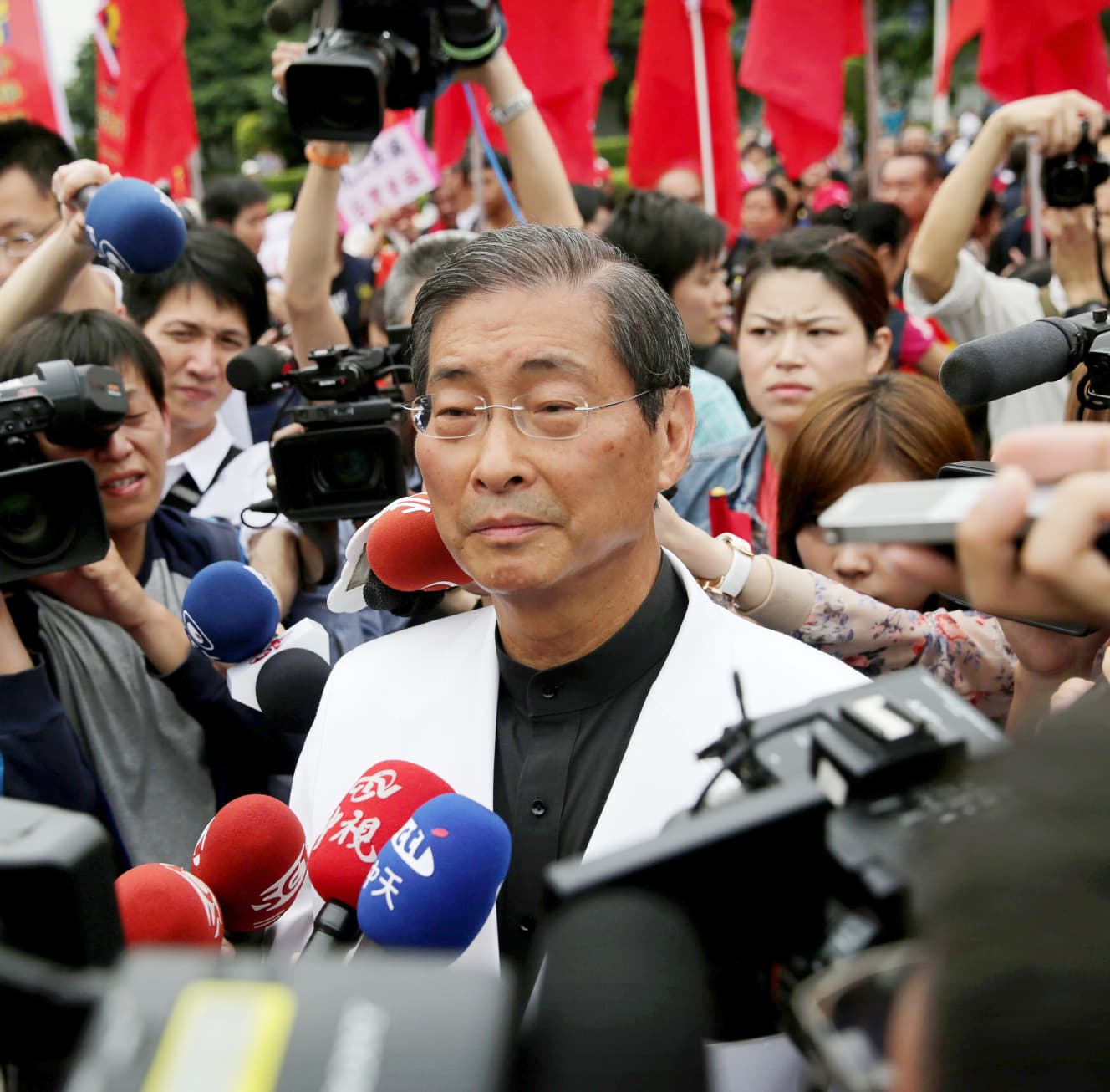Taiwanese Mafia Tricks Young Japanese Into Becoming “Kakeko” in Cambodia
The "Three Major Taiwanese Black Societies" are active across the sea?

Taiwan’s black community. In Taiwan, a group that habitually commits crimes is called such. Among them, the “three major Taiwanese black societies” are the Chikurenpo, Shikaiho, and Tendomei, or the Taiwan Mafia. In May of last year, it was reported that the Chikurenpo had made contact with the Okinawa-based Kyokuryukai, a designated gang, and there are fears that the Chikurenpo will expand its influence into Japan. However, the Taiwanese mafia has already extended its influence to the Japanese people.
The Taiwanese mafia uses social networking services to gather Japanese “kakeko,” or “hangers-on,” and uses them to make a fortune through special scams. At first glance, they may appear to be a Japanese scam group, but the Taiwanese mafia is behind it.
Mr. A is a man in his late 30s living in the Tokai region. When he was in need of money, he applied for a job advertised on a social networking service that offered “tens of millions of yen depending on the results,” which led to his involvement with the Taiwanese mafia.
After applying for the job, I had an interview with a Japanese recruiter, who told me, ‘I want you to go overseas because the source of the message will be identified,’ and at that time it was revealed to me that the Taiwanese mafia was involved in this job. Around August of last year, I went to Cambodia on a one-way ticket. The duration was three months. I was waiting at the designated place at the Phnom Penh International Airport, and there were several Japanese who were the same as me. From there, I was put into a van and driven for two hours to be taken to a mafia hideout. The one I was taken into was a house, but other places like a factory and a mansion separated by a wall were also their territory.”
Upon entering the hideout, Mr. A was confronted by a member of the organization, who appeared to be in his late 30s. They communicated via a translation app, and Mr. A spoke with him about the incident.
The member also knew about a series of robberies committed by people claiming to be Luffy,” Mr. A said. He said, ‘Getting caught like Luffy is something only a fool would do. We don’t mess up like that.’ They snickered and even said, ‘We won’t get caught no matter what we do here.
The Japanese gathered there had their passports and smartphones confiscated until they returned home. They spent their days under strict surveillance, with members of the group obliged to accompany them when they left the hideout, perhaps to prevent them from escaping.
Japanese as Ducks
There were about 15 Japanese in the group with whom Mr. A lived together at the safe house. They cooked their own meals with locally prepared food, and worked hard at their ″job″ on a daily basis.
The group he belonged to was involved in a theatrical scam in which, based on a list of Japanese people’s names and phone numbers, they would make false phone calls posing as police officers or prosecutors, saying, ‘Your cell phone is being used by a scam group. The members and I would gather every day in a room in a house, and we would incessantly make calls using smartphones distributed to us by the mafia,” he said.
The Taiwanese mafia has escaped detection by using overseas bases. Among them, there is a reason why they are based in Cambodia.
In the 1990s, when he was forced to flee Taiwan, he was sheltered by Pol Pot,” said Chen Keirei, the first leader of the Jhulian Aiding and Abetting. In doing so, he established connections to Cambodia and left a strong influence in the suburbs of Phnom Penh. Chen passed away in ’07, but his funeral in Taiwan was attended by the general public and was even broadcast live by all TV channels,” said a journalist familiar with the mafia situation.
In addition, the Taiwanese mafia has a different power from the Chinese mafia and Japanese gangs.
In China, the Communist Party holds absolute power, so even the mafia cannot rebel against the government. However, the Taiwanese mafia is free from the influence of the government. In fact, a former senior member of the “Chulian Aiding and Abetting” has become a politician in Taiwan. This is a situation that would not be possible in China or Japan. The Taiwanese mafia is an entity that influences the country from both the outside and the inside.
Mr. A has now returned to Japan, but he has yet to receive the compensation he was originally promised. The Taiwanese mafia will continue to do business with the Japanese, using them as dupes.


From the February 23, 2024 issue of FRIDAY
PHOTO: Asahi Shimbun Jiji Press Getty Images